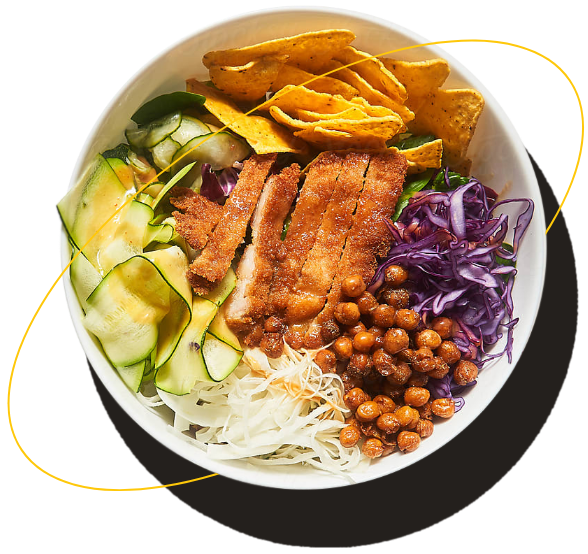Let’s Talk About Wellness
2023 August 22
August is National Wellness Month, a great time to celebrate and share what keeps us happy and healthy. From summer barbecues to hot dogs at a baseball game and sweet ice cream treats, some of our favorite foods bring a lot of “happy” to the table, but there’s also much to be said about how much nutrient-dense foods like meat and dairy can contribute to the “healthy” part of the wellness equation.
Earlier this year, the UN Food and Agriculture Organization released what it called “the most comprehensive analysis yet of the benefits and risks of consuming animal source foods…” based on data and evidence from more than 500 scientific papers and some 250 policy documents. The FAO concluded that “Meat, eggs and milk offer crucial sources of much-needed nutrients which cannot easily be obtained from plant-based foods…”
Animal-source foods like meat, dairy, and eggs deliver important macro-nutrients like high-quality protein, as well as essential fatty acids and micro-nutrients like iron, calcium, zinc, and vitamin B12 that play a key role in health and development, as emphasized by partners and experts during the Protein PACT panel at Shopping For Health in Cincinnati July 24-26.
Consumption of animal-source foods varies around the world, but micro-nutrient deficiencies are common even in high-income populations. Iron and vitamin A are among the most common micronutrient deficiencies around the world, particularly in children and pregnant women. Globally, more than 1 in 2 preschool aged children (372 million) and 1.2 billion women of child-bearing age suffer from the lack of at least one of three micronutrients: iron, vitamin A or zinc.
Animal-source foods’ availability of high-quality protein can also play an important role in wellness for older adults, as aging makes it harder for our bodies to absorb and utilize protein and retain muscle mass.
“Nutrient-density” is one way to sum up this package of nutrition benefits from animal-source foods – that is, animal-source foods provide a lot of macro- and micro-nutrients for relatively few calories.
Of course, in addition to supporting individuals’ wellness, all foods need to also contribute to the health of our planet. To advance understanding of nutrient-dense animal-source foods drive sustainability solutions, a Protein PACT delegation attended the UN Food Systems Summit Stocktaking Moment in Rome at the end of July.
This was the first follow-up event after the 2021 Food Systems Summit. The Stocktaking Moment, like the Summit, brought together national governments and stakeholders from all parts of the food system. A side event focused on sustainable livestock was convened by Kenya, the World Farmers’ Organization, the International Livestock Research Institute, CGIAR, and the International Dairy Federation. A recording of the event is available here.
Speakers, including FAO Director of Animal Production and Health Division Thanawat Tiensin and Argentina’s ambassador to the FAO Bernardo Cherniak, emphasized the importance of scientific evidence to inform food systems approaches and guard against bias. Cross-cutting support for sustainable production and consumption of nutrient-dense animal source foods is critical for achieving the Sustainable Development Goals.
These themes will be central to discussion during the FAO’s first-ever Global Conference on Sustainable Livestock Transformation to be held September 25-27 in Rome. Attention on livestock is high, and all stakeholders must come to the table ready for constructive dialogue that builds on past success and accelerates achievement of ambitious goals.
While much work remains, animal agriculture today is a key part of one of the safest, most diverse, and most affordable food supplies in history. Animal agriculture nourishes and supports the livelihoods of many millions of people in the United States and around the world. All production systems and foods, livestock included, can and must seek to optimize environmental impact without sacrificing nutrient-density, overall diet quality and diversity, or economic and social sustainability.
If you are interested in learning more about how Protein PACT partners are working to sustainably meet rising demand for nutrient-dense animal-source foods, don’t miss our new quarterly newsletter featuring short reads on continuous improvement, transparent communication, and animal agriculture in the news. Contact me at emittenthal@meatinstitute.org or comment “newsletter” below to subscribe.
Please also follow the Protein PACT here on LinkedIn or other social media channels (Twitter, Instagram, Facebook) and join the conversation.
Read article on LinkedIn.

